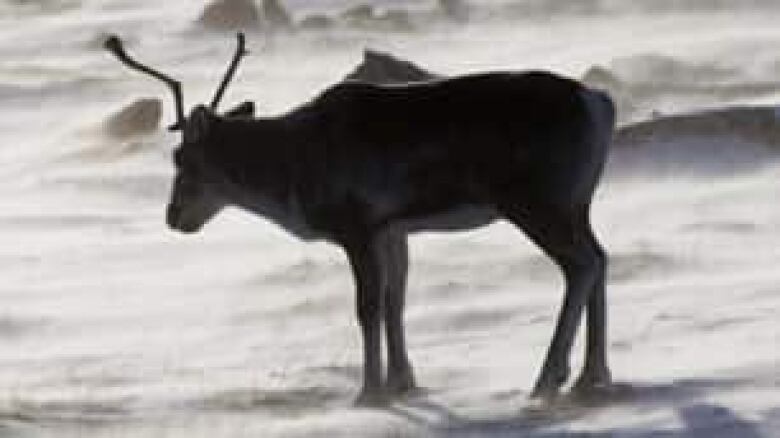2010 set to be Canada's warmest year

The year 2010 is expected to be one of the three warmest years worldwide since the collection of reliable climate data began and Canada's on track to record its hottest year yet.
The data released Thursday bythe UN's weather agency, theWorld Meteorological Organization, provides further evidence ofa warming trend that has been seenfor many years. Scientists blame a steady rise inman-made greenhouse gases, which have been building up in the atmosphere, trapping heat in.
During the first 10 months of 2010, the global combined sea surface and land surface air temperaturewas 0.55 degrees Cabove the 19611990 annual average of 14 degrees C.

So far, the WMO says2010s nominal temperature value is the highest on record, placing it slightlyahead of two other warmer-than-average years,1998 and 2005.
The finalranking of 2010 won't be known until data from November and December are examined early next year. But measurements from the first 25 days of November suggest global temperatures continue to track record levels.
"Canada had its warmest winter on record, with national temperatures4 degrees C above the long-term average," said the WMO.
"Winter temperatures were6 degrees C or more above normal in parts of [Canada's] North."
Theorganization added that Canada also had its warmest spring on record, as well as its driest winter ever.As an example, it noted the poor snow conditions at the Winter Oympics in Vancouver and Whistler.
Warmest decade on record
The WMO also says this decade just wrapping up has been the warmest ever recorded, with global temperatures averaging0.46 degrees C above the 1961-1990 average.
While surface air temperatures were above normal in most parts of the world, Northern Canada was the scene of one of themost extreme temperature anomalies.
The WMO says mean annual temperatures across much of the eastern Canadian Arctic and sub-Arctic were3 degreesC or more above normal in 2010.
"Arctic sea-ice extent was again well below normal in 2010," the WMO said. In September, Arctic sea ice covered just 4.6 million square kilometres, it said. That's more thantwo million square kilometres below the long-term average.
"The autumn 2010 freeze-up has also been abnormally slow, with the ice cover as of [Nov. 28] being the lowest on record for the time of year. The Canadian sector had its lowest summer ice extent on record," it said.
The other major extreme warm anomaly this year took placemost of the northern half of Africa and south Asia, extending as far east as the western half of China, whereannual temperatures oneto three degrees C above normal occurred over much of the area.
The weather data is part ofa preliminary report on global climate change released bytheWMO at the latest round of climate talks now underway in Cancun.
Themeetings in Mexico are the first major UN climate conference since last year's Copenhagen Summit, which fell short of making much progress in curbing greenhouse gases. That summit revealeda large rift between industrialized nations, emerging economic powers like China and developing countries.
Climate change talks are ultimately aimed at replacing the 1997 Kyoto Protocol, which requires 35 industrial nations to cut global warming causing emissions by five per cent below 1990 levels by 2012.
While Canada was one of the first countries to ratify the protocol,the government announced in 2007 it would not meet the protocol's 2012 targets. The U.S. was one of the few countries to refuse to ratify Kyoto at all.












_(720p).jpg)


 OFFICIAL HD MUSIC VIDEO.jpg)
.jpg)



























































































